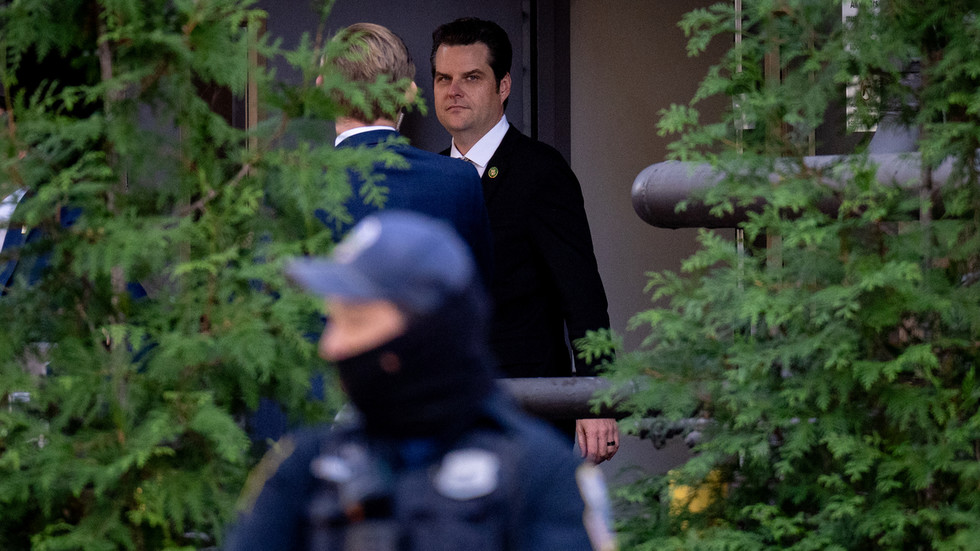China on Saturday accused a
Philippine Coast Guard
vessel of intentionally colliding with a Chinese ship, further escalating tensions over contested areas in the South China Sea.
Chinese Coast Guard
spokesperson Liu Dejun said that the Philippine ship with hull number 9701 collided with the Chinese ship 5205 just after 12.06 pm (04:06 GMT) on Saturday. Liu claimed that the Philippine ship manoeuvred in an "unprofessional and dangerous manner, resulting in a collision," while asserting that the Chinese ship was operating within regulations, without providing any specifics.
In response, the Philippines has levelled charges against China, accusing the Chinese Coast Guard vessel of deliberately ramming and colliding with the BRP Teresa Magbanua three times, despite no provocation from the Philippine Coast Guard.
Jay Tarriela, a Philippine Coast Guard official, said, "This afternoon, the Chinese Coast Guard vessel deliberately rammed and collided with the BRP Teresa Magbanua three times, despite no provocation from the Philippine Coast Guard."
Tarriela also shared images on X depicting the damage sustained by BRP Teresa Magbanua due to the "unprovoked ramming by China Coast Guard 5205."
China's rapid military expansion and increasing assertiveness in pursuing its claim to nearly the entire South China Sea, which is vital to international trade, have led to more frequent confrontations, primarily with the Philippines, whose security the US is treaty-bound to ensure.
The long-standing territorial disputes also involve other claimants, including Vietnam, Taiwan, Malaysia, and Brunei. China has rejected a ruling by a UN-backed arbitration panel that negated almost all of Beijing's historically-based claims in the South China Sea.
The head of
US Indo-Pacific Command
, Adm. Samuel Paparo, recently said that the US military is open to consultations about escorting Philippine ships in the disputed waters amid the increase in hostilities.
Chinese coast guard, navy, and suspected militia ships regularly clash with Philippine vessels during attempts to resupply Filipino sailors stationed in parts of the South China Sea claimed by both countries. As these clashes grow increasingly hostile, resulting in injuries to Filipino sailors and damage to their ships, the Philippine government has faced questions about invoking the treaty alliance with Washington.
The latest incident occurred just days after Chinese and Philippine coast guard ships collided near Sabina Shoal, a disputed atoll located approximately 140 kilometres (85 miles) west of the Philippine province of Palawan, within the Philippines' internationally recognized exclusive economic zone.
The atoll is near Second Thomas Shoal, another flashpoint where China has hampered the resupply of Philippine forces. Both countries reached an agreement last month to prevent further confrontations at the shoal.
In a separate incident on Saturday, Japan lodged a formal protest via China's embassy against what it called an incursion by a Chinese survey ship into its territorial waters. This incident has fueled unease among Japanese defense officials, who are already concerned about the growing military cooperation between the Chinese and Russian air forces.
On Monday, Tokyo also protested a Chinese military aircraft briefly entering Japan's southwestern airspace. Chinese foreign ministry spokesperson Lin Jian said on Tuesday that his country had "no intention" to violate any country's airspace.

 2 months ago
7
2 months ago
7








